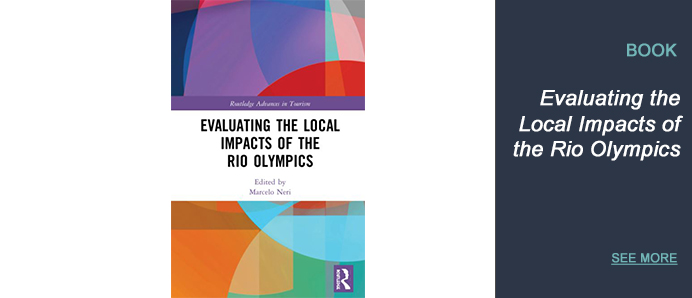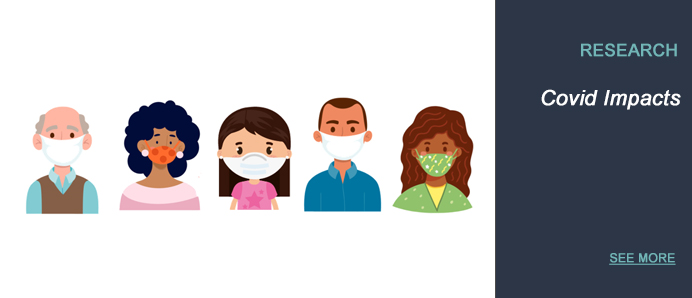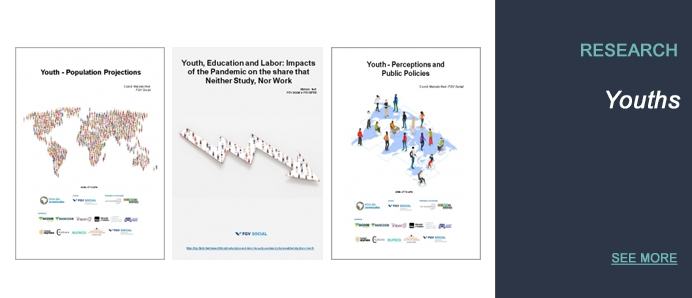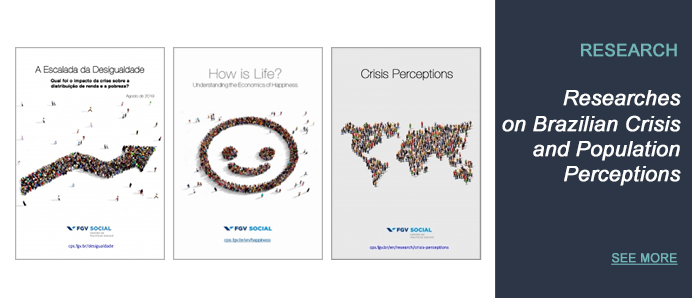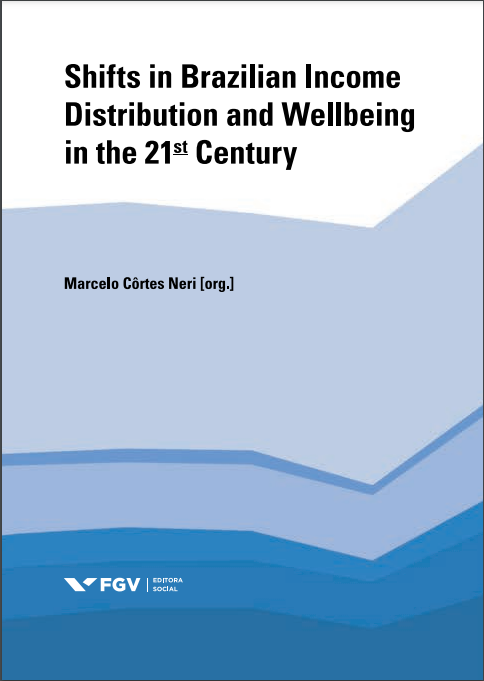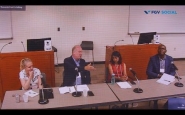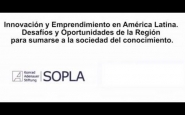Desigualdade, riqueza e oportunidades
Portuguese, Brazil
AFINAL, O QUE ACONTECEU COM A DESIGUALDADE NO IMPOSTO DE RENDA?
Portuguese, Brazil
MUDANÇAS DE DESIGUALDADE, RENDA E BEM-ESTAR NA INTEGRAÇÃO DA PNAD CONTÍNUA COM DADOS DO IMPOSTO DE RENDA (2012-2020)
Portuguese, Brazil
Fiscal redistribution in Brazil
English
Fiscal redistribution in Brazil (in english)
Portuguese, Brazil
FGV Social launches the research: "Wealth Map
English
FGV SOCIAL LANÇA PESQUISA "MAPA DA RIQUEZA NO BRASIL"
Portuguese, Brazil
Nova Lima e Verdelândia são extremos de riqueza e pobreza
Portuguese, Brazil
As dez cidades mais pobres de Minas Gerais
Portuguese, Brazil
Pages
Researchs
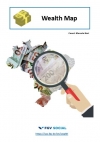 Key Questions: Where are the richest in Brazil? How has the pandemic affected overall inequality and the geographic distribution of the nation's...
|
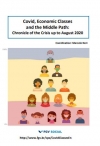 An empirical assessment on Brazilian economic classes based on factual data collected during the Covid-19 pandemic shows that the number of poor...
|
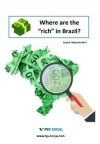 According to estimates from FGV Social based on declared earnings in Income Tax registries over total population projections in each locality, the...
|
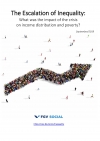 The research shows, first hand, that per capita household earnings inequality has been increasing for 17 consecutive quarters compared to the same...
|
- 1 of 4
- >>
Short Notes
- 1 of 9
- >>
Highlights
- 1 of 14
- >>
Media
- 1 of 13
- >>
Seminars organized by the CPS
Photos
Videos
- 1 of 3
- >>





